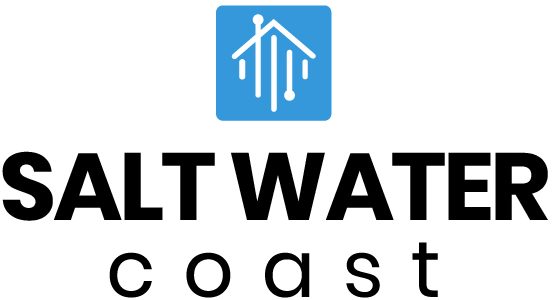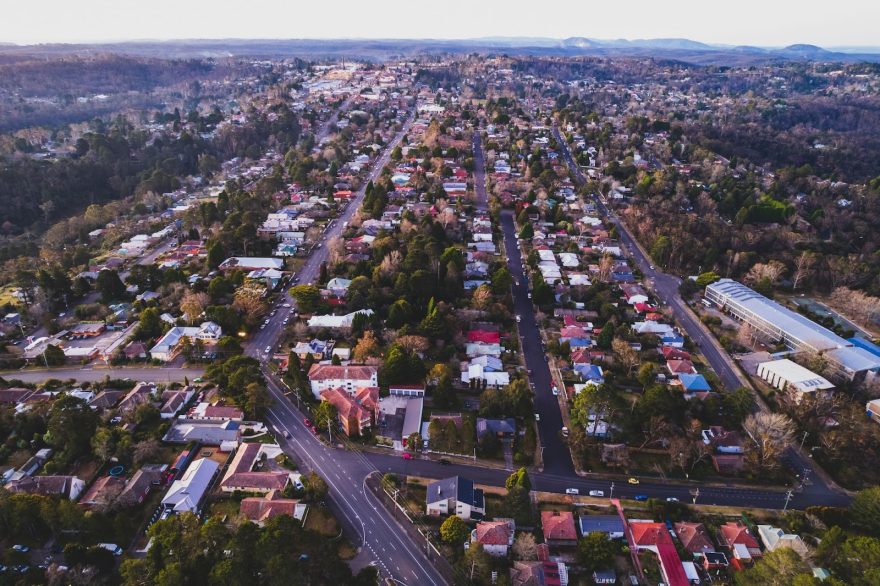As the Australian economy evolves, the real estate industry is experiencing a wealth of fascinating transformations. One of the most significant areas of change is in commercial real estate for lease in Melbourne and other major cities. New technologies and changing work patterns have led to the rise of a series of intriguing trends that are shaping the growth of the industry.
In the paragraphs below, we explore the most influential emerging trends that are in the process of transforming real estate in Australia.
1. Sustainable design
Sustainability has become a top priority in Australia’s residential and commercial sectors. As a result, green buildings are growing in popularity, and engineering and architectural professionals are placing greater importance on sustainable design.
Green buildings offer energy-efficient and environmentally friendly design features that draw on renewable energy and deliver durability and natural climate control. They are becoming more common in cities like Melbourne, allowing residents and commercial tenants to reduce waste and carbon emissions, improve their impact on the environment, and enjoy lower bills as a bonus.
2. Smart buildings
Smart buildings come hand-in-hand with sustainable design. These buildings use advanced technology to automate and optimize every aspect of the space, including lighting, heating, and climate control.
The most advanced smart buildings employ data analytics to further improve energy efficiency, reduce costs, and perfect the tenant experience. Demand is only increasing for sustainable and efficient buildings, so smart buildings are set to have a major impact on Australia’s real estate industry over the coming years.
3. Growing focus on coworking spaces
While smart, sustainable design is impacting residential real estate as strongly as it’s hitting the commercial sector, this next trend lies squarely in the domain of commercial real estate. Coworking spaces are proliferating in Australia’s capital cities, driven by the increasing number of freelancers and entrepreneurs looking for flexible office solutions.
Coworking spaces and serviced offices deliver a collaborative work environment with access to state-of-the-art office amenities and attractive features like cafeterias and gyms. Furthermore, many of these buildings offer all their benefits without the need to sign a long-term lease. As people continue to launch new startups and small businesses, the demand for these spaces will only continue to rise.
4. Alternative investments
Alternative asset classes are having a major impact on the Australian real estate industry. These investments comprise niche areas like student housing, healthcare facilities, and data centres. As an investor, they give you the opportunity to diversify your portfolio and generate higher and more consistent returns. These factors are driving demand which, in turn, is pushing developers to deliver ways for people to invest in alternative asset classes.
5. The impact of e-commerce and logistics
E-commerce was already on the rise pre-pandemic. However, lockdowns and remote work spurred this industry to great heights. Interestingly, this has had a profound impact on Australia’s real estate industry, particularly in the realm of logistics.
The demand for warehousing and distribution centres is increasing in line with the growing demand for online goods. This trend has encouraged developers to build larger, more efficient warehouses and distribution centres fitted with advanced logistics systems and automation. Commercial real estate is booming in major distribution hubs like Melbourne.
Australia’s real estate industry is transforming before our eyes thanks to the rise of sustainable design, smart buildings, coworking spaces, alternative asset classes, and e-commerce. These trends will continue to reshape the way we work and live while creating new opportunities for investors and developers.

